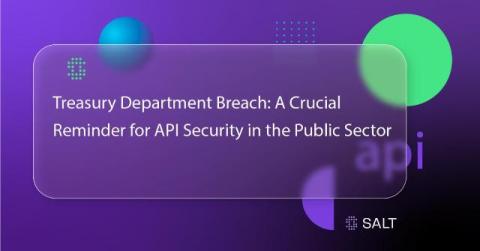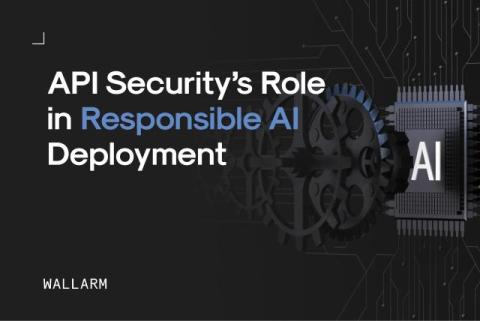Treasury Department Breach: A Crucial Reminder for API Security in the Public Sector
The recent cyber breach at the U.S. Treasury Department, linked to state-sponsored Chinese hackers, has set off alarm bells in the public sector. As the investigation continues, this incident reveals a pressing issue that all government agencies must confront: securing their APIs (Application Programming Interfaces).











